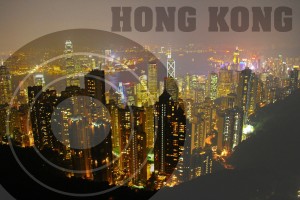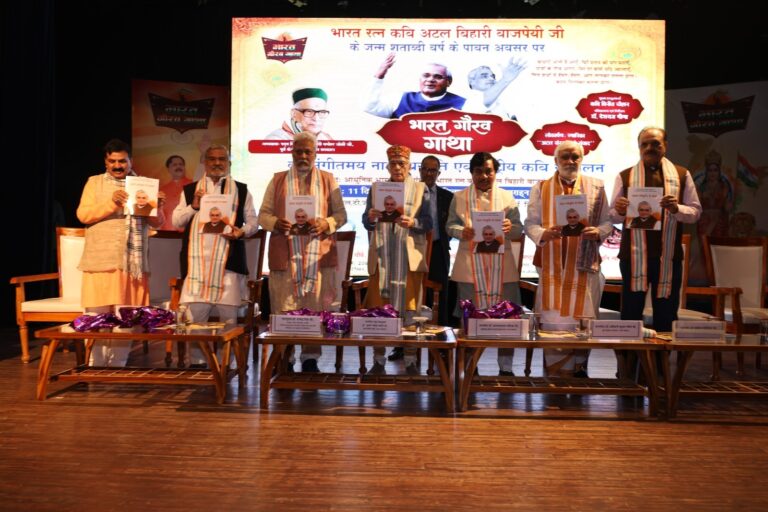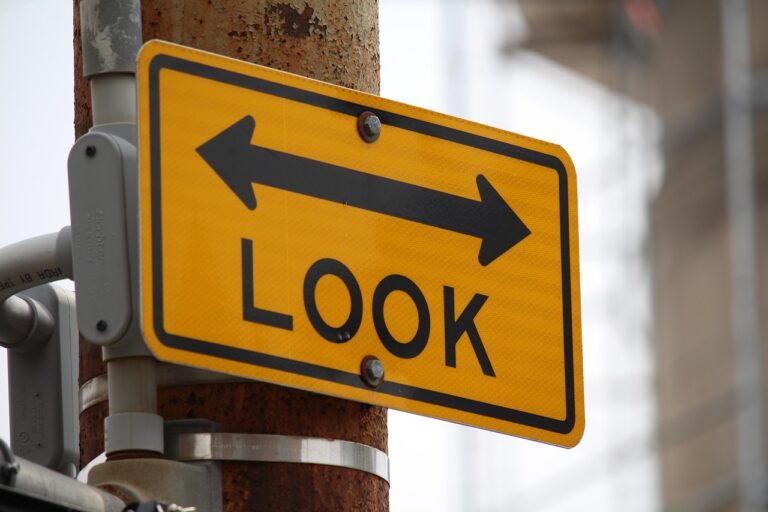
Beijing: The issue of Hong Kong immigration authorities declining to renew the employment visa of The Economist magazine’s Hong Kong-based correspondent Sue-Lin has been the third such case of the department denying work visa to foreign journalists without providing explanation.
The Economist‘s editor-in-chief Zanny Minton Beddoes stated yesterday that the decision undermines press freedom and Hong Kong’s standing as an international city. “We urge the government of Hong Kong to maintain access for the foreign press, which is vital to the territory’s standing as an international city,” Beddoes stated.
China however refused to interfere into the matter claiming visa issuance was a matter of soverignty and that the Hong Kong special administrative region (SAR) government has the right to make decisions on visa applications based on One Country, Two Systems and the Basic Law of the Hong Kong SAR.
Hitting out at the statement of Beddoes, China said during the past year, the number of foreign employees of The Economist increased by 22 percent in Hong Kong. “The figures don’t lie. We hope relevant sides will abide by press ethics and conduct Hong Kong-related reporting in an objective and just manner,” Chinese foreign ministry spokesperson Zhao Lijian told reporters in Beijing today.
China claimed that since the implementation of the Law on Safeguarding National Security in Hong Kong, “social stability has been restored, the legal system has been improved, and Hong Kong residents and all Hong Kong-based journalists have enjoyed their lawful rights and freedoms including press freedom”.
Lijian further claimed that since the implementation of the national security law, the numbers of overseas media outlets and media practitioners coming to Hong Kong had both increased. As of April 2021, foreign media outlets in Hong Kong employ a total of 628 foreign nationals holding work visa, up by 98, or 18.5 percent from the same period last year, he stated.
– global bihari bureau





